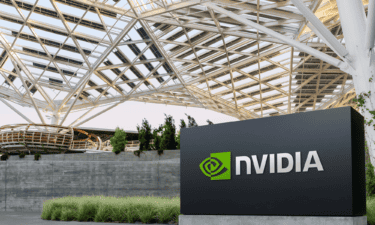Shares of Amaya Inc. (TSX:AYA)(NASDAQ:AYA) fell by more than 20% on Wednesday after Quebec’s securities regulator filed five charges against CEO David Baazov for insider trading. But the sell-off was likely overdone.
We’ll take a closer look at the charges, why the stock reacted negatively, and why the reaction should not have been so strong.
A long story
In early 2014 Amaya was a tiny provider of gambling technology with only $150 million in revenue. But the company managed to do the impossible: it acquired The Oldford Group, the parent company of PokerStars, and Full Tilt Poker for US$4.9 billion.
The acquisition caused Amaya’s share price to soar from about $6.50 in early April to more than $23 by the end of June. But much of the share-price increase occurred before the acquisition was made, which indicates that many people knew what would happen ahead of time. There was also plenty of rhetorical evidence that the acquisition was the worst-kept secret on Bay Street.
Quebec’s Autorité des marchés financiers (AMF) started an investigation the same month as the acquisition. Then in December, the AMF raided Amaya’s offices, and the company’s shares fell by 18% in response.
Fast forward to Wednesday. The AMF laid 23 charges against three companies and three individuals, including the five charges for Mr. Baazov. And these charges are very serious; according to AMF spokesman Sylvain Théberge, the charges could carry fines of up to $5 million and/or five years in prison.
Why the stock fell
Importantly, there were no charges laid against Amaya itself. But this was still a very significant development for the company for a couple of reasons.
First of all, Mr. Baazov was planning to lead an effort to take Amaya private for $21 per share (for comparison, Amaya’s shares currently sit at $15.45). He still has the same intentions, but the charges against him may complicate his efforts.
Secondly, Amaya is constantly trying to win new licenses to operate, especially in the United States. This has not always been easy, because PokerStars has a history of flouting U.S. lawmakers. And these insider trading charges are yet another stain on Amaya, which may make U.S. expansion all the more difficult.
An attractive opportunity
While the charges may seem like a setback for Amaya, they are not actually that serious.
For one thing, Amaya could still be taken private with or without Mr. Baazov leading the way. Secondly, these charges are unlikely to make much of a difference as the company expands, since most regulators still wish to act in their own districts’ best interests.
Most importantly though, Amaya’s shares are so cheap that they assume practically zero growth for the company. So even if the charges hamper Amaya’s growth prospects (as well as its takeout prospects), there is more than enough upside in the shares to compensate for the risk.







